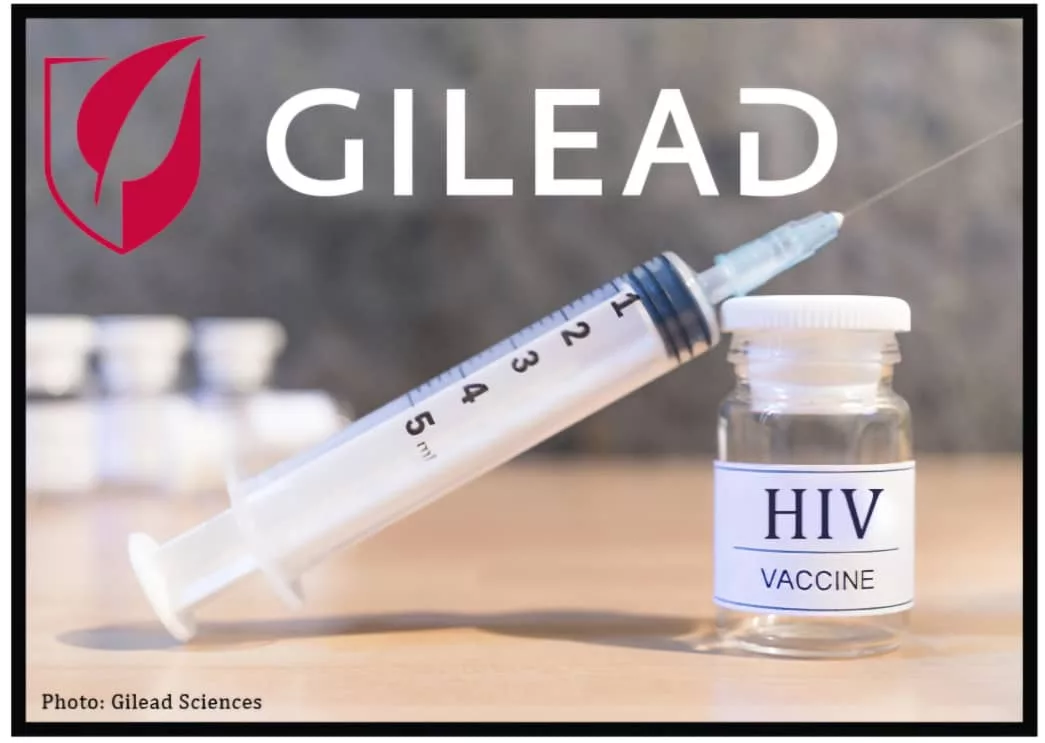The United States Government, through the U.S. Agency for International Development (USAID), has committed an additional $10 million in response to COVID-19. The funds will go to the World Food Programme (WFP) for humanitarian assistance for nearly 100,000 vulnerable people in eight urban areas.
With this additional funding, U.S. assistance to the COVID-19 response in Zimbabwe exceeds $18 million. USAID has provided nearly $15 million, the U.S. Centers for Disease Control and Prevention (CDC) has provided $3 million, and PEPFAR has reprogrammed $150,000 to address COVID-19.
Through this $10 million in new funding, USAID will collaborate with WFP to address increasing food insecurity in urban areas.
In September 2019, the Zimbabwe Vulnerability Assessment Committee (ZimVAC) determined that more than 2.2 million Zimbabweans in urban areas face food insecurity as a result of rising food prices. In May 2020, WFP estimated that this number had increased by as much as one million people as a result of the COVID-19 lockdown, which further constrained the economy and severely affected Zimbabweans whose livelihoods depend on the informal sector.
This funding will ensure that nearly 100,000 people in eight urban districts have access to cash transfers that will ensure adequate food supplies between July and December 2020.
“This additional funding, which will help people facing increased food insecurity in Zimbabwe’s urban areas, demonstrates the U.S. commitment to the people of Zimbabwe. Zimbabweans in urban areas need to practice social distancing measures to protect themselves from COVID-19 and continue to feed their families,” Ambassador Brian A. Nichols said.
USAID’s emergency assistance to urban areas complements the more than $110 million that USAID provided to rural areas in 2019, which reached more than 1.8 million rural Zimbabweans across 22 districts.
The United States remains committed to supporting the people of Zimbabwe to improve health outcomes, increase agricultural productivity, stimulate economic growth, protect human rights, and improve democratic governance in the face of the COVID-19 pandemic.






